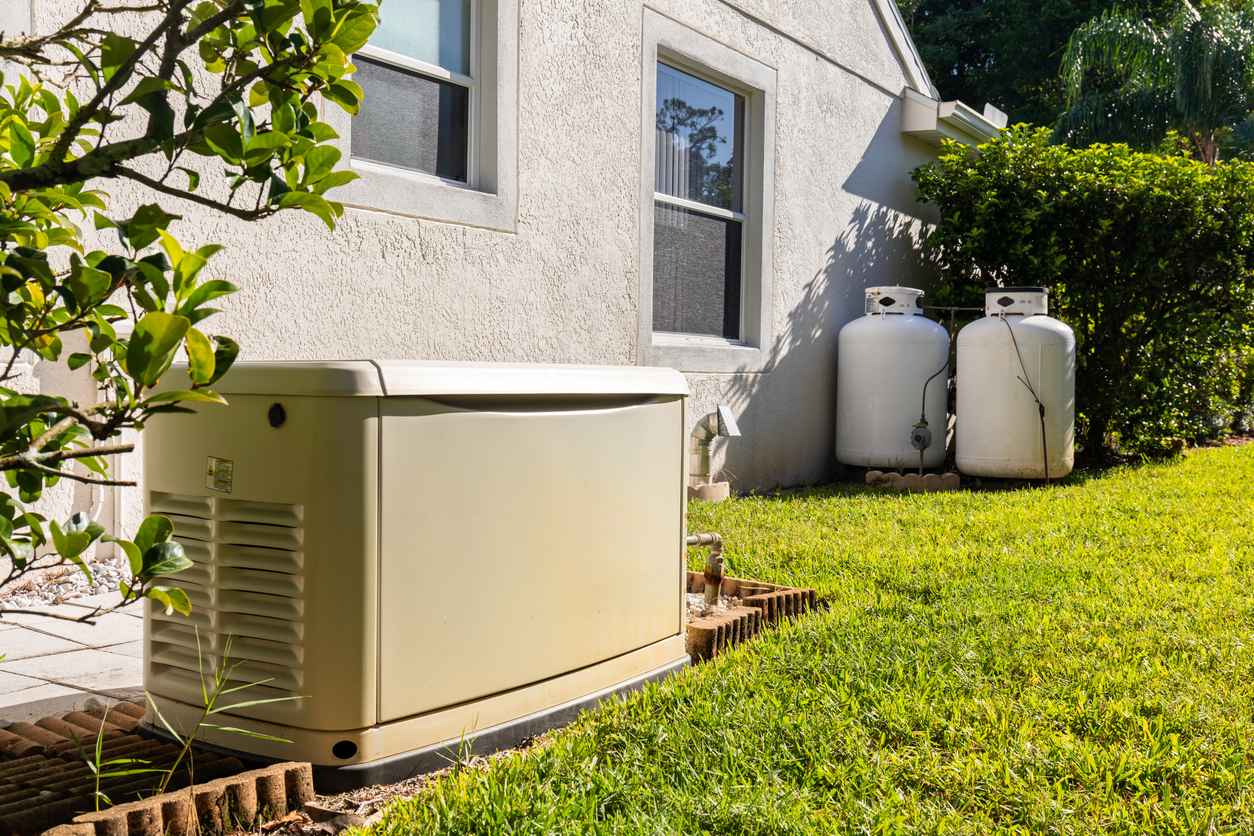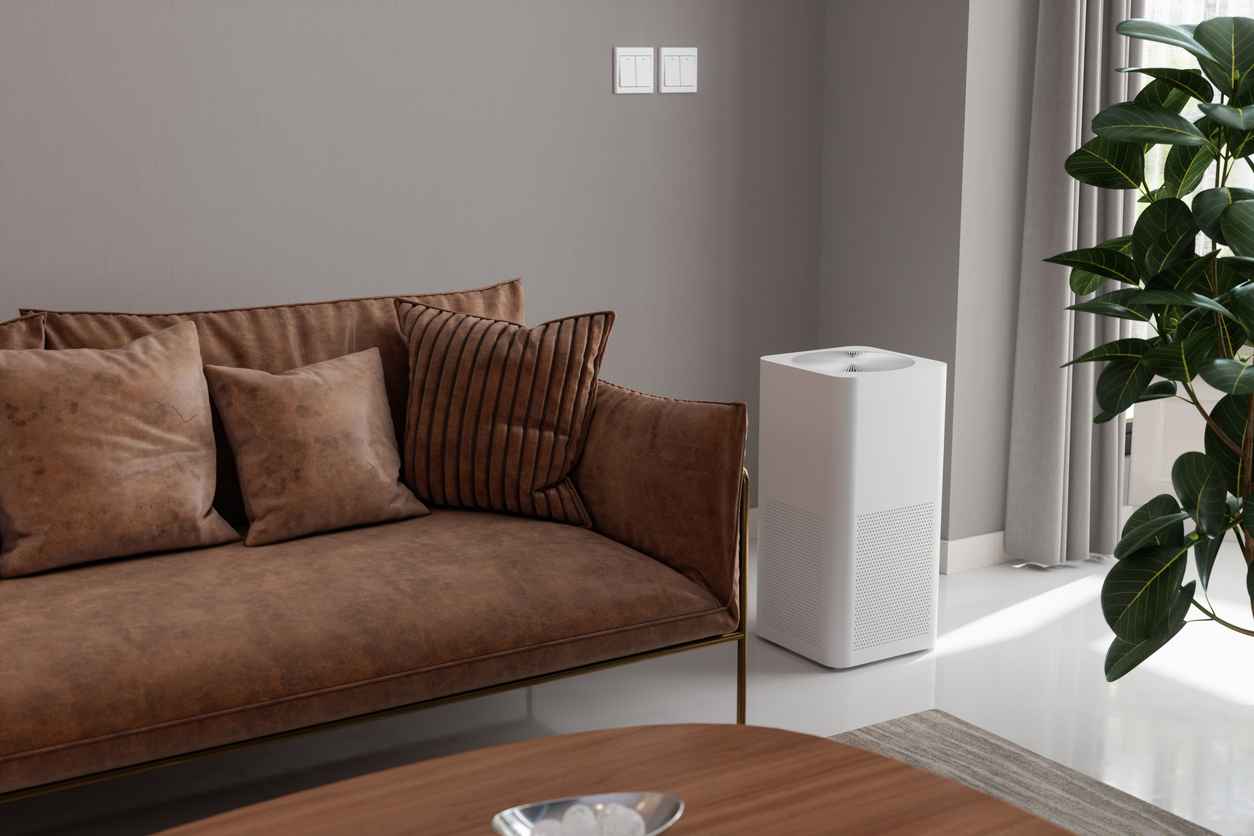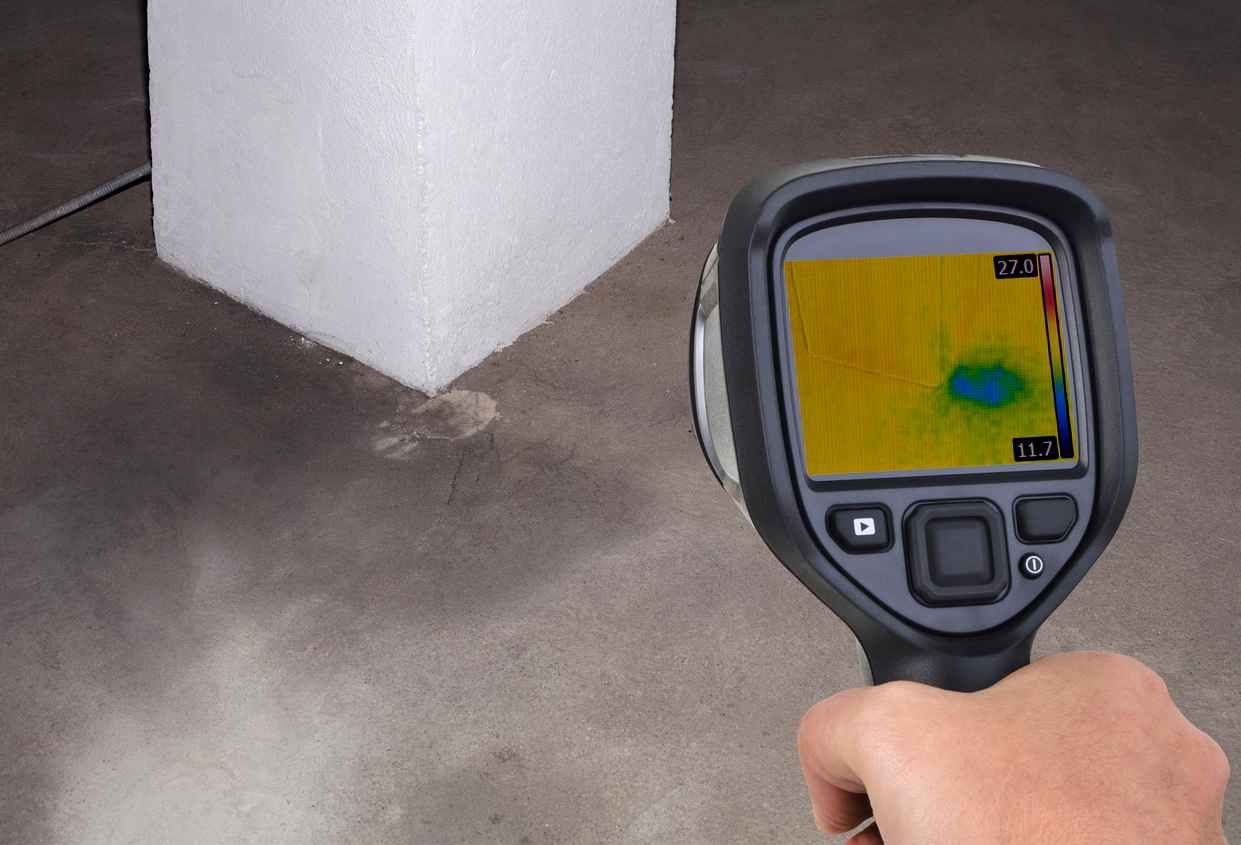4.8 Google Rating
A Quick Guide to Choosing the Correct Air Filter
One of the most important components of your HVAC system is quite literally one you more than likely throw away without thinking twice about. Your air filter plays a key part in helping your HVAC system keep you comfortable, and a dirty, worn-out, or improper air filter can present some serious problems. In fact, the overwhelming majority of problems that cause an HVAC system to stop working can be attributed at least partially to a dirty air filter. Naturally, changing your filter regularly is a key part of maintenance and ownership.
But how do you know that the filter you’re purchasing is the right one? Not all air filters are created equal, and not all air filters are ideal for every HVAC system. So how do you sort through the gaggle of available filters and choose one that’s best for you? This blog will take the mystery out of buying air filters and help you choose the perfect one for your needs.
Find One That’s the Right Size
This might sound simple, and in many cases it is. However, it isn’t always as straightforward as it sounds. Many HVAC systems run on an air filter that uses a predictable, standard-size filter that many other systems also use. In these cases, buying a new filter is generally easy. However, for some systems that use a specialized filter, this may not be so clear-cut.
Air filter sizes are generally given in three dimensions, all listed in inches. A 20x25x5 filter is 20 inches long by 25 inches wide by 5 inches deep. However, not all filters in this size category are created equal. Not all filters that are made for the 20x25x5 size class will fit all systems that use this class size. Be sure to get the exact dimensions of your filter in order to make sure you’re going to get one that fits.
Choose the Right Material
Different types of filters are made using different materials, and these different materials will have different properties. For example, cotton filters tend to do an excellent job at trapping allergens, but they are generally some of the fastest filters to wear out because of it. Paper filters are cheap, disposable, and can come in a variety of thicknesses. They can also come in pleated form factors that allow them to process more air at a time. However, paper filters are also prone to allowing more debris through than some other types of filters.
There are also reusable types of filters that you can simply remove, clean, re-prep, and then reinstall. These filters are generally a higher upfront investment cost but prevent you from having to order a new filter for a much longer period of time. However, cleaning a filter can be a nuisance.
For most people, a paper or cotton filter will do the job just fine, and they’re convenient because they can simply be thrown away in the normal trash (or even recycled). However, if you need additional filtration or are looking for a more eco-friendly option, look into a reusable filter option.
Choose the Ideal Filtration Level
Filters are made to perform at different levels of filtration. While logic might say that more filtration is better, that isn’t always the case from a practical perspective. A filter that removes more dirt and debris is more likely to clog up sooner, even though it will give you cleaner and better-quality air. Likewise, a higher-power filter will place a greater restriction on airflow through your HVAC system, creating higher energy costs and even added strain and wear on air conditioners that aren’t built to work with filters that strong.
Filtration level is indicated through a measurement known as MERV, or minimum efficiency reporting value. The higher the number, the higher the amount of filtration. If you check the owner’s manual for your HVAC system, you should be able to find a recommended MERV range that your system will work best with. Filters on the low end of this recommendation will be the most energy-efficient while filters on the higher end will provide greater air filtration power. Should a filter on the high end of this range not be enough, talk to an HVAC pro about whether or not your system is capable of going above this recommended value.
If your heating and cooling system is experiencing trouble or your indoor air quality is poor, get help from the local pros at AAA Service Plumbing, Heating & Electric by calling 303-313-3333 today!





